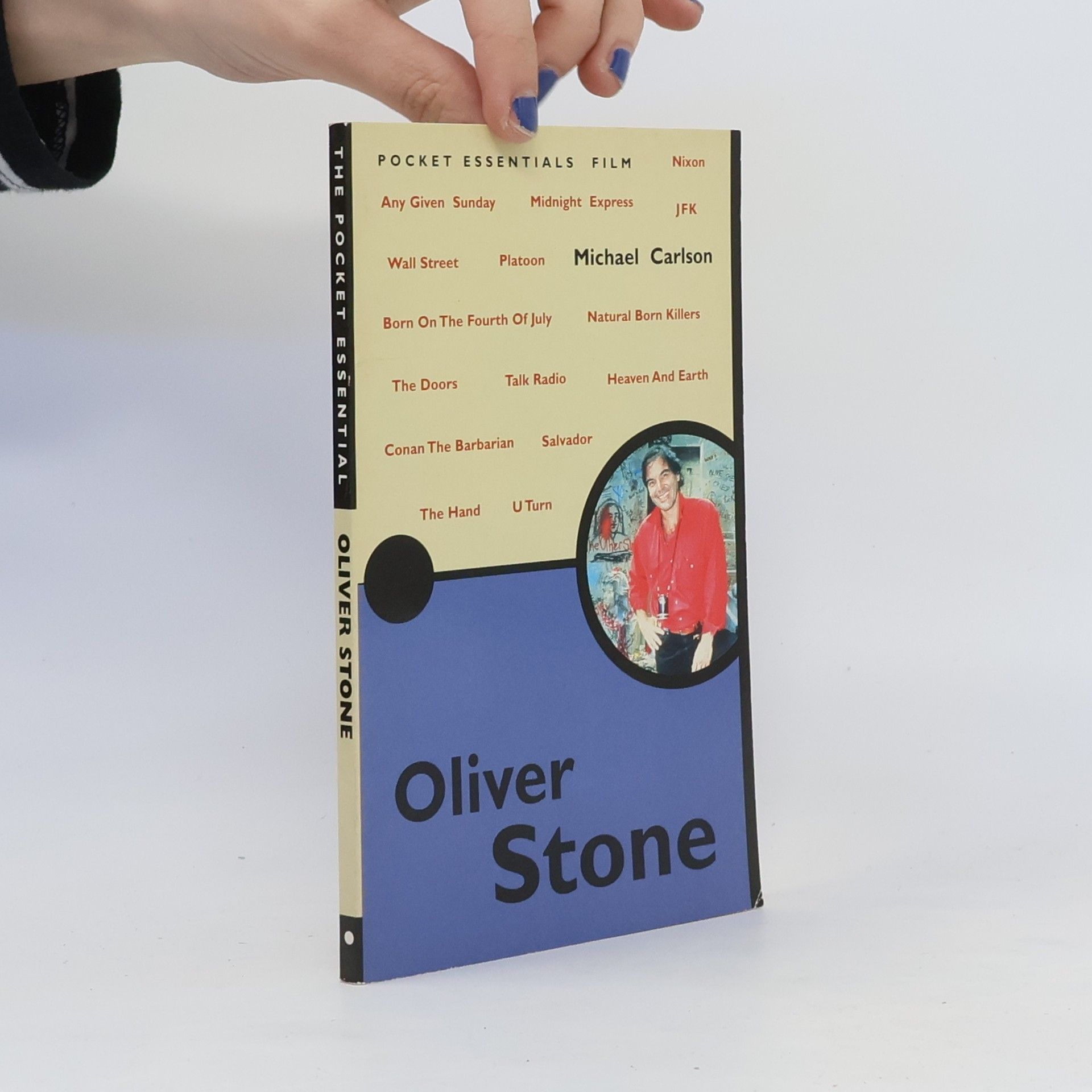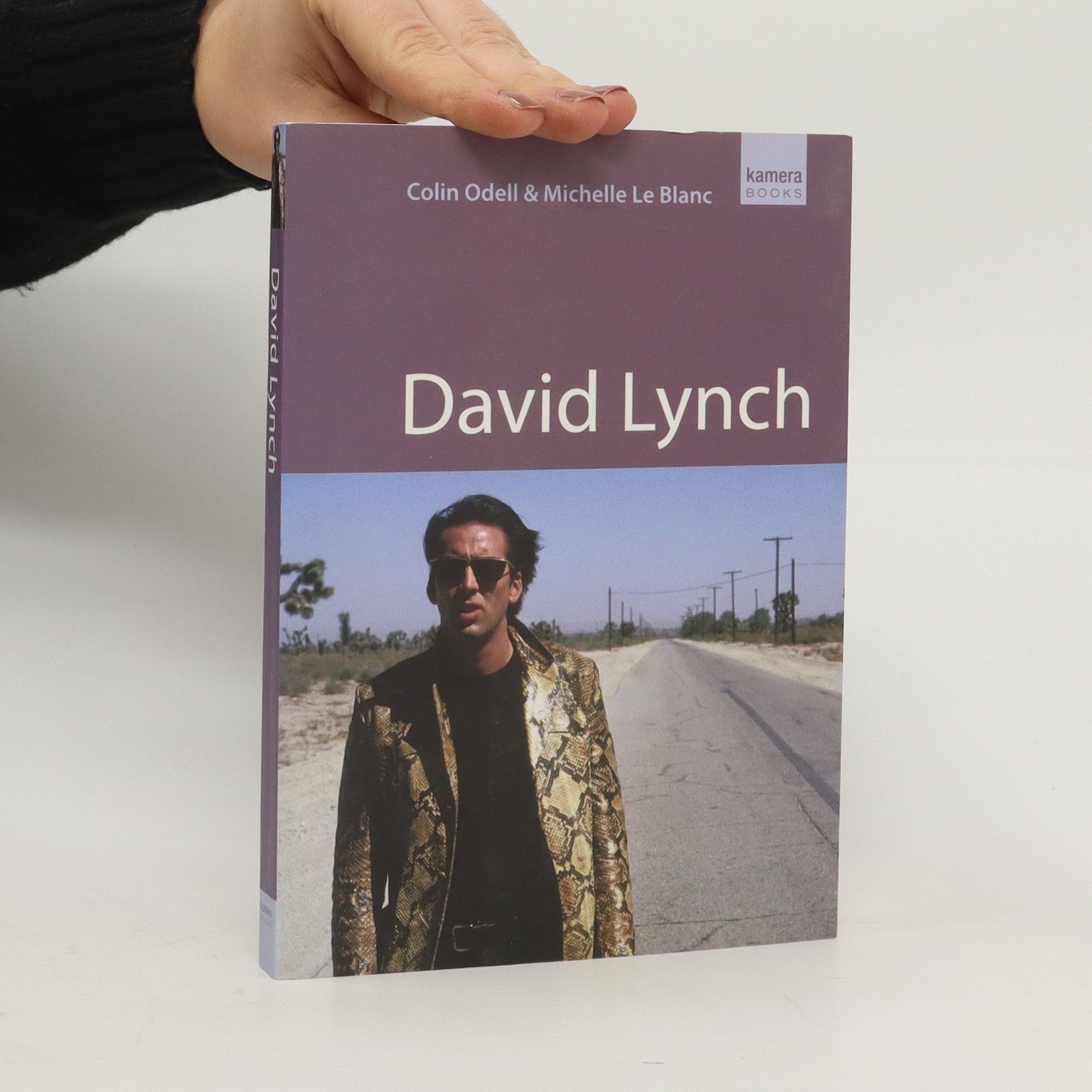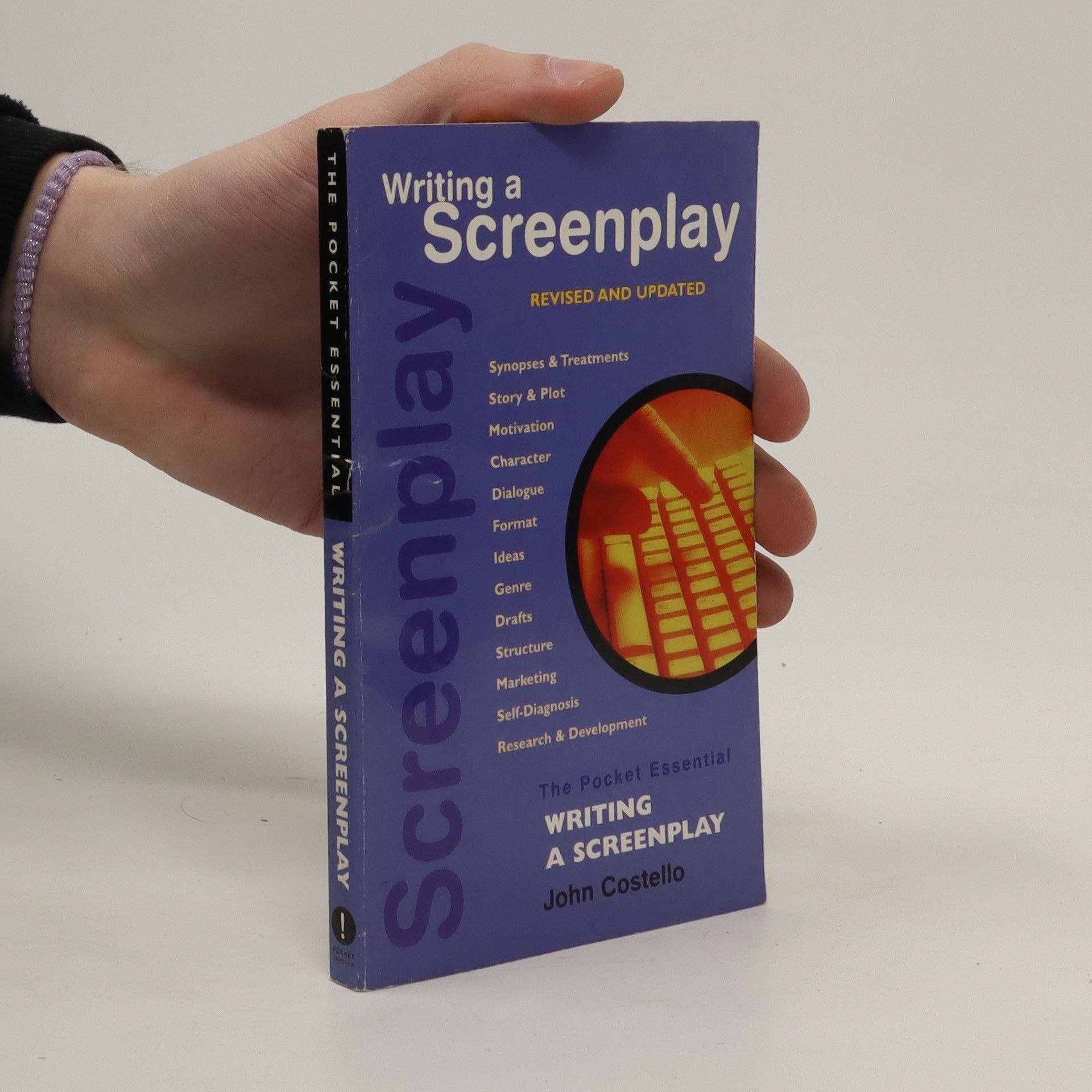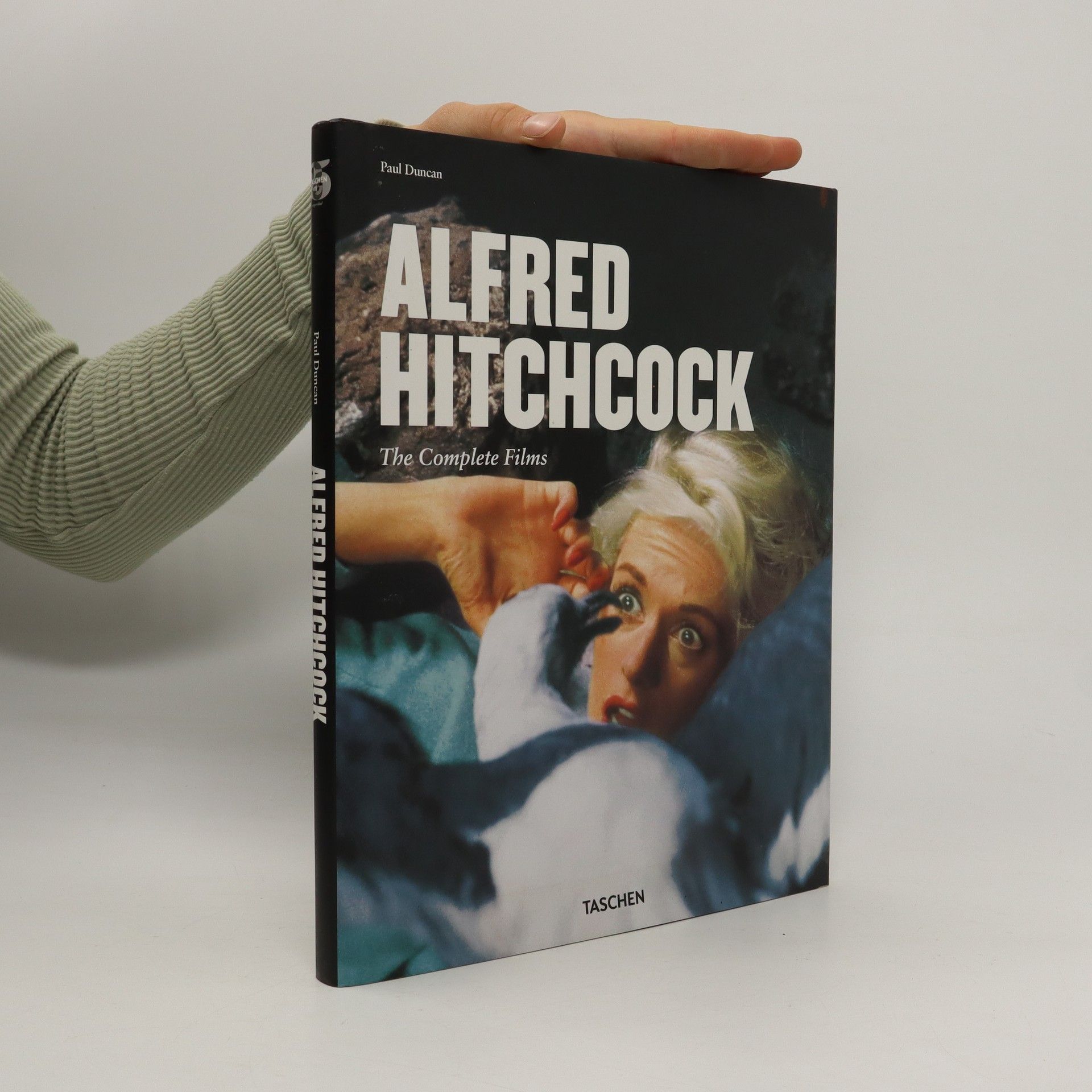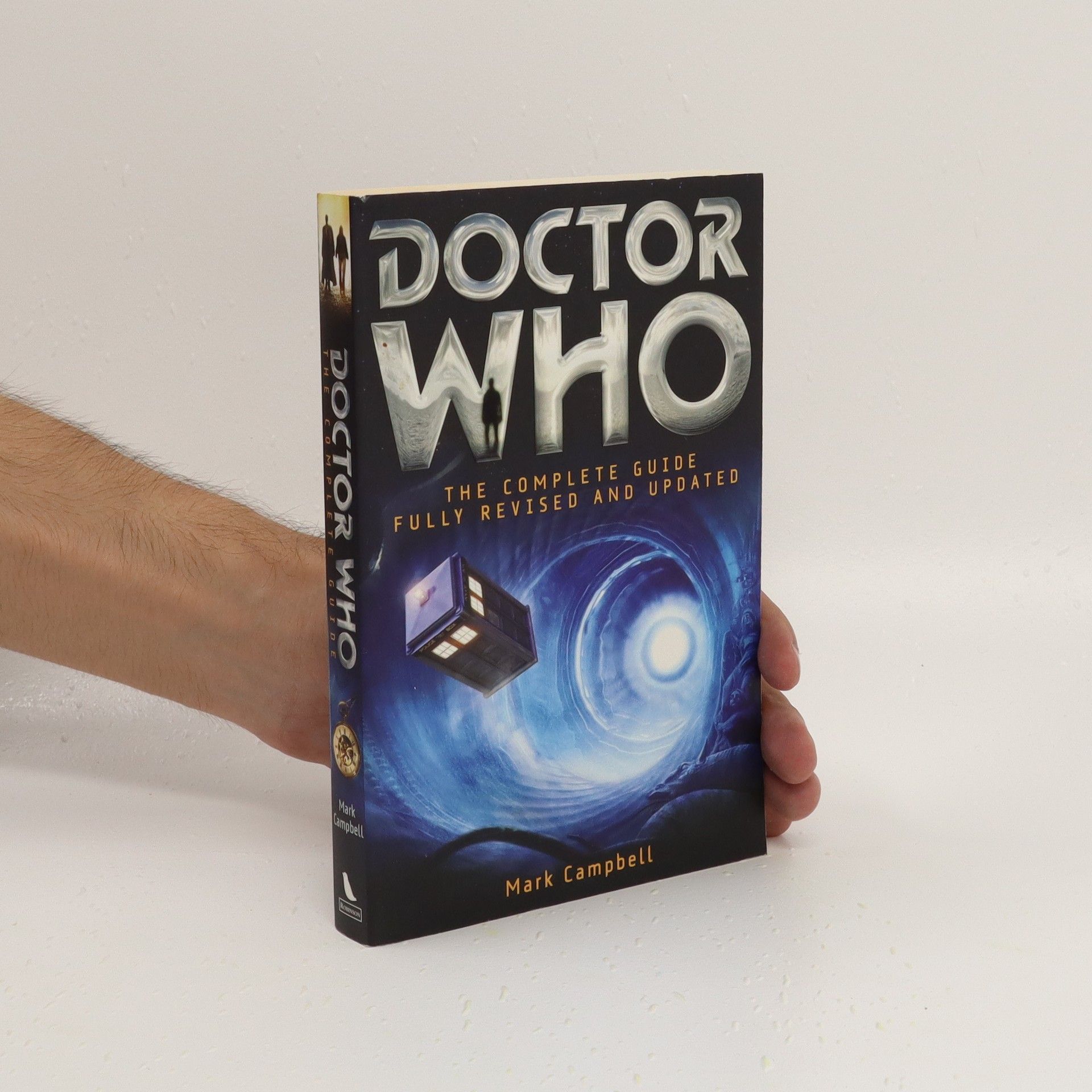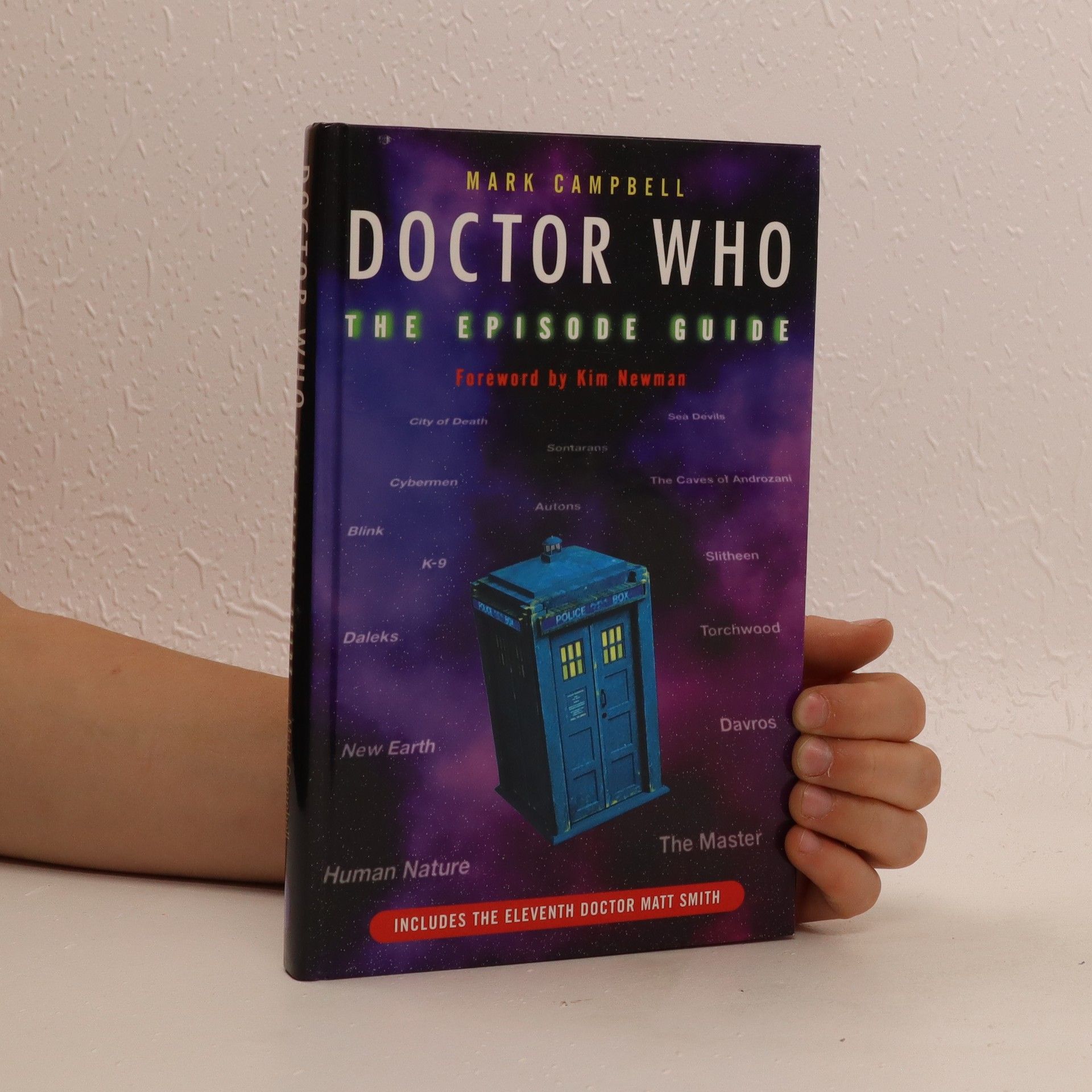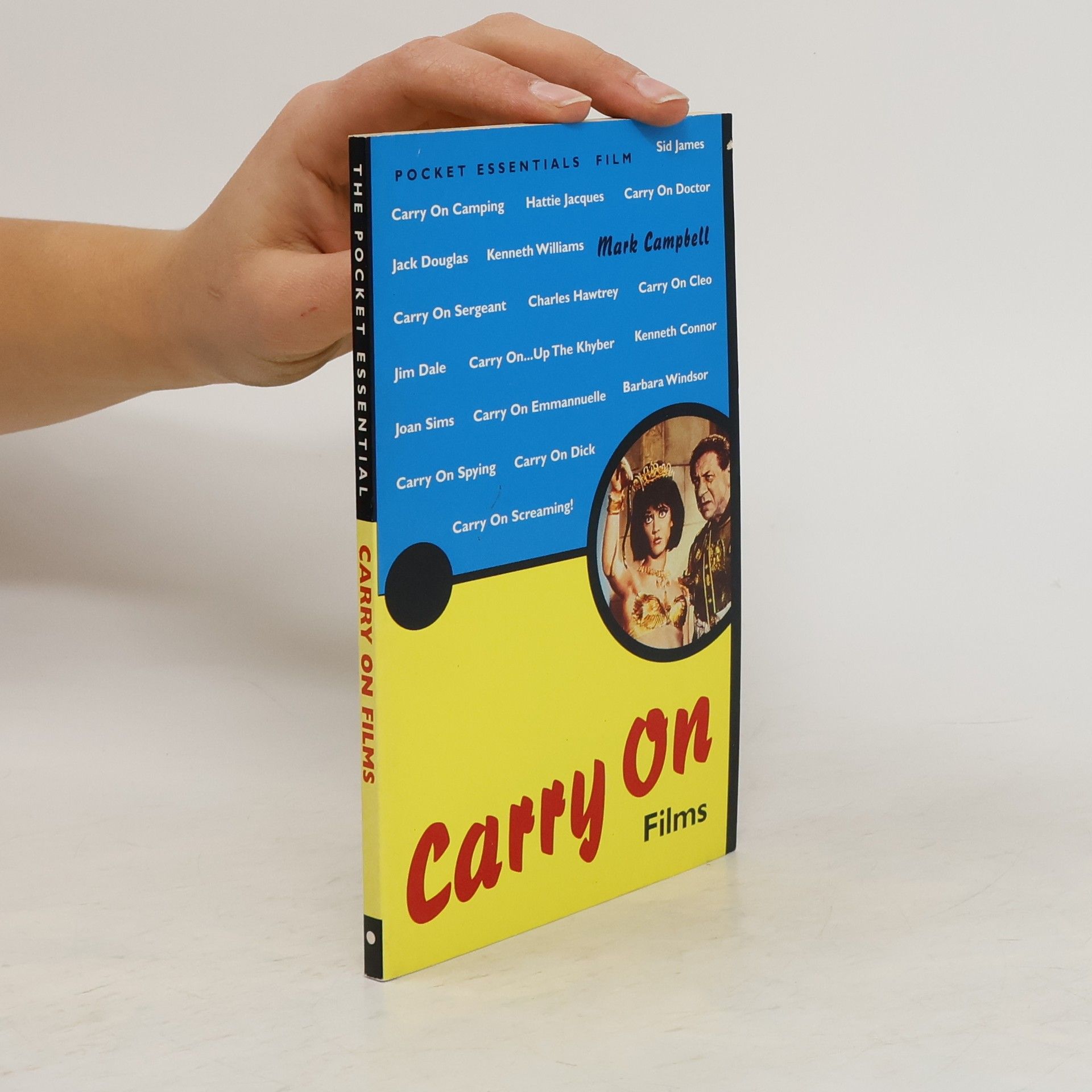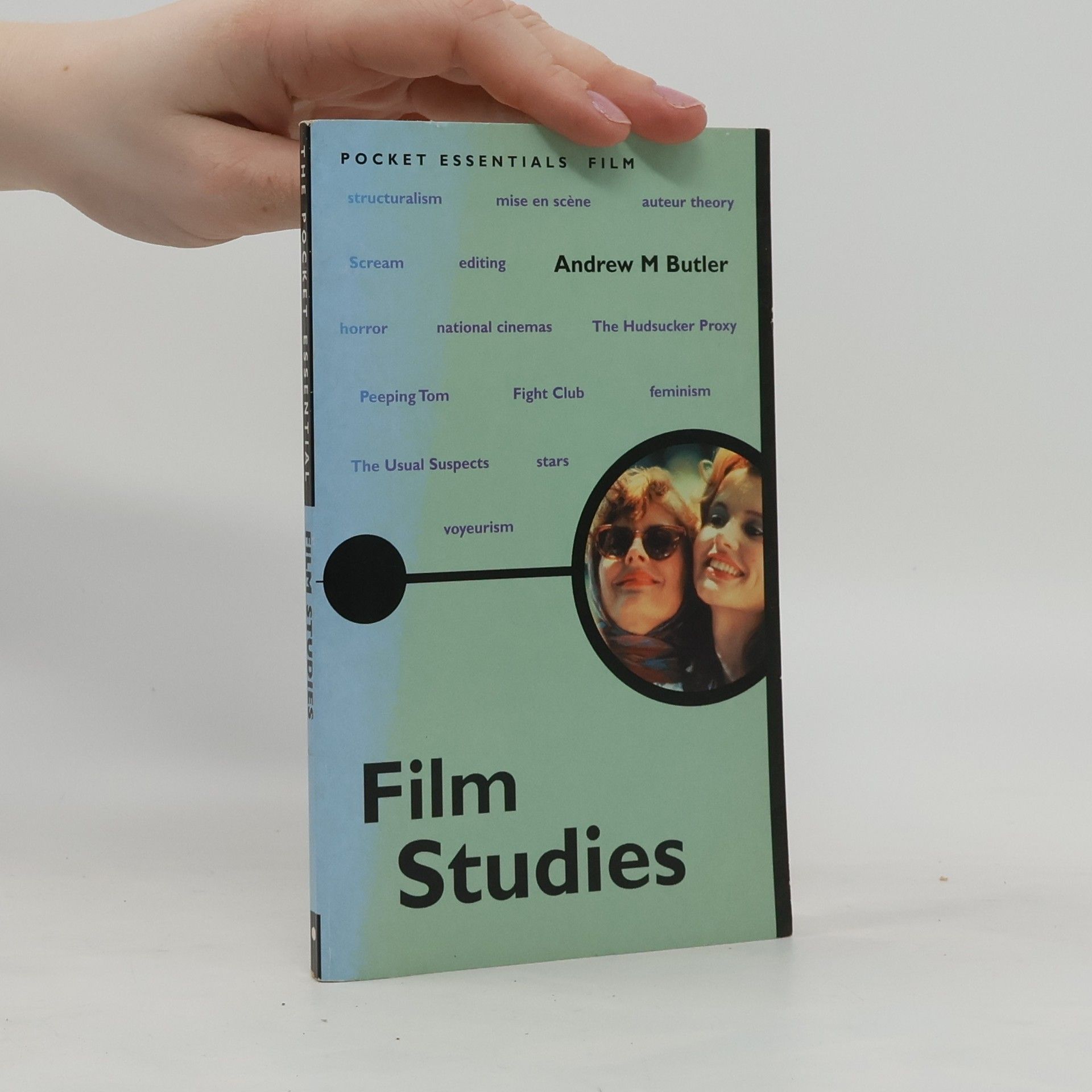David Lynch
- 192pagine
- 7 ore di lettura
Internationally renowned, David Lynch is America's premier purveyor of the surreal; an artist whose work in cinema and television has exposed the world to his highly personalized view of society. Examining Lynch's entire body of work—from the cult surrealism of his debut feature Eraserhead to his latest mystery Inland Empire — this book considers the themes, motifs, and stories behind his incredible works. In Lynch's world the mundane and the fantastical collide, often with terrifying consequences. It is a place where the abnormal is normal, the respectable becomes sinister, where innocence is lost, redemption gained at a terrible price, and where there's always music in the air. From the deserts of a distant world to an ordinary backyard, at the breakneck speed of Lost Highway or the sedate determination of The Straight Story , readers will experience amateur sleuths, messiahs, giants and dwarves, chanteuses, psychopaths, cherry pie, and damn fine coffee.


